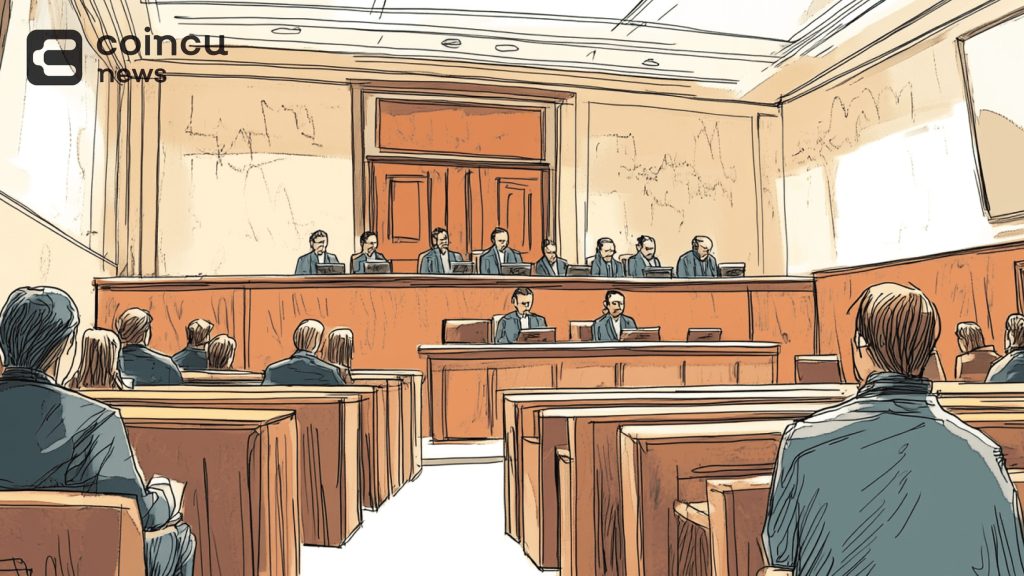Key Points:
- Coinbase has filed a motion in the U.S. District Court seeking to compel the SEC to release documents clarifying how cryptocurrencies work.
- The Coinbase SEC lawsuit is part of a broader regulatory push, with the agency intensifying enforcement actions against cryptocurrency firms.
Coinbase filed a motion in the U.S. District Court for the District of Columbia requesting the court to force the U.S. Securities and Exchange Commission to produce documents concerning how it classifies cryptocurrencies under the securities laws.


Read more: SEC Coinbase Lawsuit Continues With Court Approvals for Exchange
Coinbase SEC Lawsuit Continues to Escalate
The legal move comes in the wake of the still ongoing Coinbase SEC lawsuit, initiated in June after the exchange had accused the agency of failing to comply with its Freedom of Information Act requests.
In the court filing, Coinbase, through its consulting firm, History Associates, requested both internal and external communications from the SEC about its probes on whether certain cryptocurrencies, especially Ether, are securities. The issue is crucial in the crypto industry since the stance of the SEC on Ether still remains contentious.
Coinbase’s legal team says the agency has been resisting its efforts to procure those documents, recently proposing a three-year delay to decide which of the requested documents should be released.
The delay is considered as too long, with Coinbase’s Chief Legal Officer Paul Grewal arguing that the SEC had first claimed it was exempt from FOIA, then moved from that stance, conceding the position may not be valid.
Regulatory Pressures Intensify the Cryptocurrency Industry
The SEC has been quite aggressive within the crypto space, with a separate filing last year against Coinbase for allegedly operating a platform without proper registration.
The Coinbase SEC lawsuit also comes after a similar complaint filed by blockchain company ConsenSys against the agency earlier this year, in which it argued that the Commission had overreached by investigating ether. Eventually, the agency dropped that probe, but the question of Ethereum’s status has hung over the crypto market.
The case now awaits its critical judicial decision on the partial summary judgment that Coinbase filed. If granted, those documents could arrive much quicker, possibly affecting how cryptocurrencies are regulated in the U.S.
| DISCLAIMER: The information on this website is provided as general market commentary and does not constitute investment advice. We encourage you to do your own research before investing. |
Visited 60 times, 1 visit(s) today
Source: Coincu
